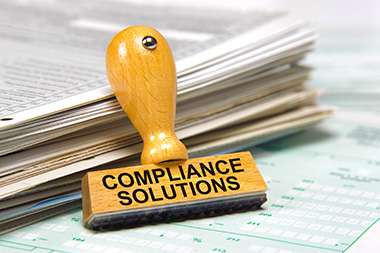Employee Performance Improvement Plan
Healthcare providers faced with poor employee performance have a number of options in terms of discipline and depending on whether the provider has a progressive discipline policy that must be followed. Different forms of discipline may include counseling, verbal warnings, written warnings, demotion, suspension, probation and termination. One tool providers can use to address continuing performance deficiencies involves managing performance by placing the employee on a performance improvement plan (PIP). The PIP is used to improve employee job performance within a specified period of time and is met with remedial action if it is not completed successfully. The use of a PIP must be made on a case by case basis as it is not appropriate in all circumstances.
If a performance improvement plan is warranted, it is important for the provider to clearly communicate its expectations to the employee. A clearly defined written PIP will include the following:
- Provide justification for placing the employee on a performance improvement plan by identifying performance deficiencies in detail
- State specific goals to be completed while on the PIP that relate to the employee’s performance deficiencies and how the goals will be measured
- Set a timeframe for the PIP to end, whereby the employee is required to complete all goals successfully in order to be removed from the PIP and continue employment
- State remedial action to be taken if PIP is not successfully completed
- Schedule recurring meetings within the PIP timeframe to evaluate employee progress against the PIP and document such progress
The goals set out in the PIP should be realistic and align with the employee’s job responsibilities. Be careful not to assign tasks that are unattainable and outside the regular scope of duties, as this can lead to potential liability for the provider—the PIP is not a means to set the employee up for failure. In meeting the specified goals, the provider should provide the employee with any necessary support and resources.
Once the performance improvement plan has concluded, the provider must take appropriate action consistent with the employee’s performance. The provider may choose to extend the timeframe of the PIP if it is evident that the employee is making meaningful attempts to meet the PIP’s goals and improve overall performance. On the other hand, prompt and appropriate remedial action should be taken if the employee has failed to perform adequately and meet the expectations of the PIP at its expiration. If used properly, an effective PIP can open lines of communication, improve employee attitude, increase productivity and create a healthier working environment in the long-run.





